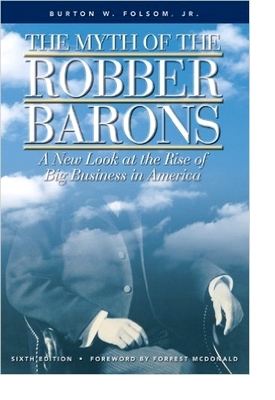A great piece in the Wall Street Journal today about what has happened to Economics and Economics education.
I took an Economics class in college in 1957 and it changed me to a Republican. My first vote was for Richard Nixon in 1960. My family was furious as they thought we were related to the Boston Kennedys and they had always been Democrats. I wonder if an Economics class would have that effect today?
And that political economy and my assessment of it has changed over a career spanning more than half a century. Here are five developments I would emphasize:
I agree with his appraisal.
1. Diminishing returns to research. A core economic principle is the Law of Diminishing Returns. If you add more resources, such as labor, to fixed quantities of another resource, such as land, output eventually rises by smaller and smaller amounts. That applies—with a vengeance—to academic research. Teaching loads have fallen dramatically (although the Education Department, which probably can tell you how many Hispanic female anthropologists there are teaching in Arkansas, does not publish regular teaching-load statistics), ostensibly to allow more research. But the 50th paper on a topic seldom adds as much understanding as the first or second.
This has been characteristic of Medicine, as well as other academic subjects.
Emory University’s Mark Bauerlein once showed that scholarly papers on Shakespeare averaged about 1,000 a year—three a day. Who reads them? How much does a typical paper add at the margin to the insights that Shakespeare gave us 400 years ago?
That isn’t all he has shown.
The attitude touches the President’s favorite pastime. Tevi Troy reported in Commentary how much Obama enjoys television, particularly SportsCenter and the middlebrow series Homeland and Mad Men. The New York Times added Breaking Bad and The Wire in its article “Obama’s TV Picks: Anything Edgy, with Hints of Reality,” and while it warned of the foolishness of “psychoanalyzing” a president based on “the books he reads or the music he listens to or the television shows he watches,” the story mentions not a single book. One would expect Marxists, feminists, queer theorists, post-colonialists, anti-imperialists, and media theorists to chide Obama for his bourgeois, masculinist taste, but as far as I know they have remained silent.
Obama’s taste runs more to sports and rap music.
Read more
 ‘Who controls the past,’ ran the Party slogan, ‘controls the future: who controls the present controls the past.’ ~George Orwell, 1984
‘Who controls the past,’ ran the Party slogan, ‘controls the future: who controls the present controls the past.’ ~George Orwell, 1984